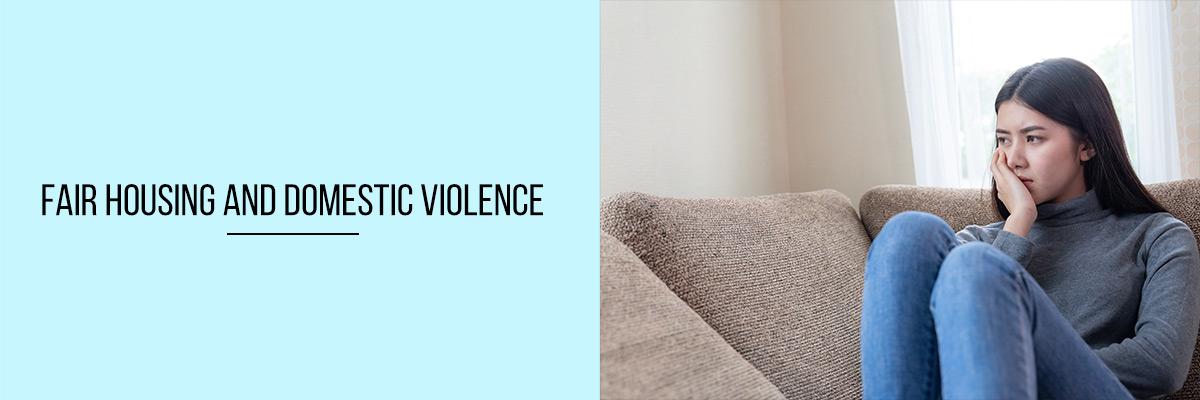According to the National Coalition Against Domestic Violence, “Ninety-four percent of domestic violence survivors experience housing discrimination because of their relationship with a batterer.” This means that a large percentage of domestic violence survivors experience housing discrimination, and it’s even worse when you factor in domestic violence survivors with children. This is not only a serious problem in the United States but across the globe.
This article on federal fair housing law deals with two aspects of housing discrimination: first, whether a homeowner can deny a request from a former tenant to return to the property, and second, whether a landlord can refuse to rent to a potential tenant because of a past history of domestic violence.
Fair Housing and Domestic Violence
It is difficult enough to get an apartment to begin with, but when you are a survivor of domestic or sexual violence, it can be even more difficult. The Fair Housing Act of 1968 is designed to protect victims of domestic violence, child abuse, sexual assault, and evictions to ensure that they are not being discriminated against when it comes to getting housing. The Fair Housing Act guarantees all people the right to housing, regardless of their sexual orientation or their race, religion, or national origin.
According to the National Coalition Against Domestic Violence, the best way to end domestic and sexual violence is to prevent it from happening in the first place. They say, “Our goal is for all communities to recognize and respond to domestic and sexual violence as a public health issue as opposed to a private matter.” If you or someone you love has been a victim of domestic violence, you probably know this is true. The only way to truly end domestic and sexual violence is to make it clear that it will not be tolerated.
In order to protect an individual from housing discrimination, the Fair Housing Act prohibits unjustified discrimination in all programs or activities receiving federal funding based on race, color, national origin, religion, sex, familial status, or disability.
Many survivors of domestic violence are often turned away from housing because of their history of abuse. Victims of domestic violence are often evicted from their homes after having been abused by their partners. They are also often evicted from their homes for other reasons, including being unable to pay their rent. This is unfair. If you are a survivor of domestic violence, you should not be evicted from your home because of your abuse history.
Final Words
Some domestic violence survivors who are victims of sexual assault are denied housing because they are not considered “good tenants” or because their presence in the housing unit may expose other household members to violence. The Fair Housing Act (FHA) was passed in 1968 in order to combat this type of housing discrimination.
To know more about Fair Housing and Domestic Violence, attend the Compliance Prime webinar.


